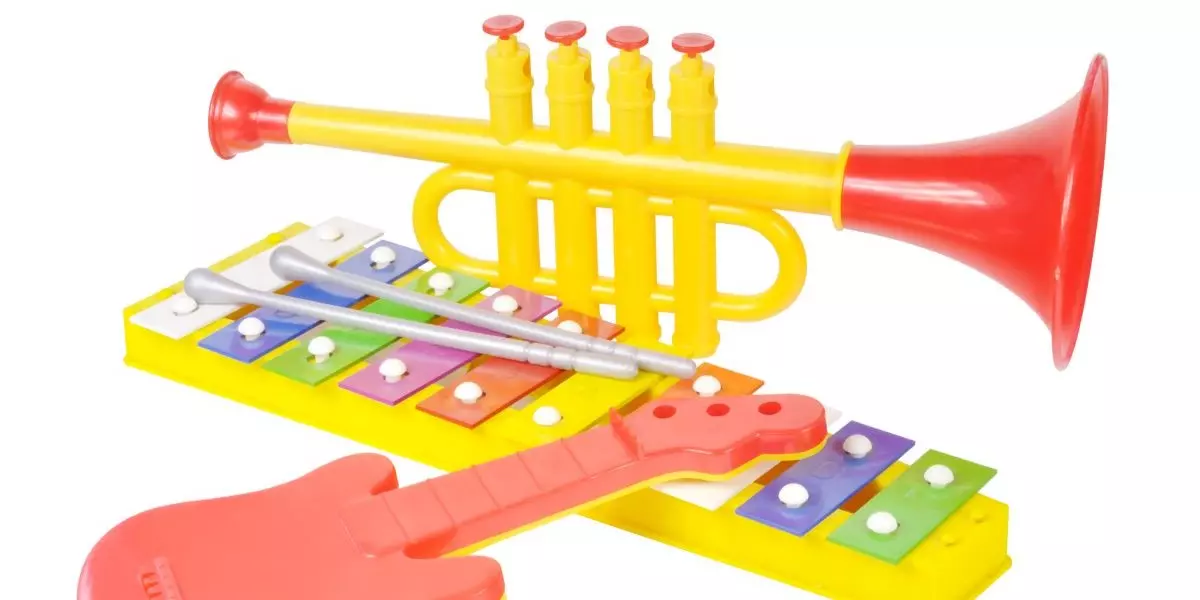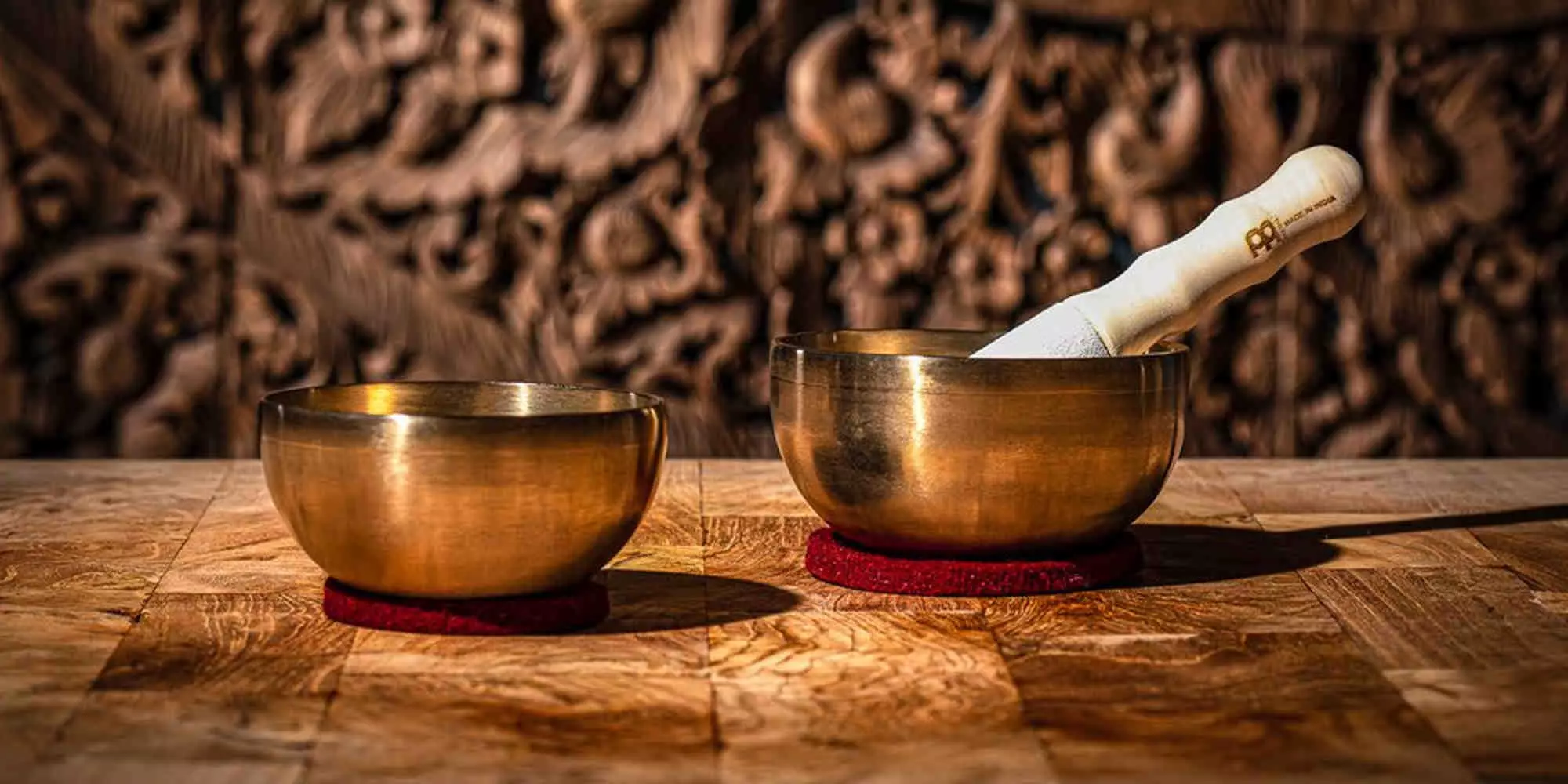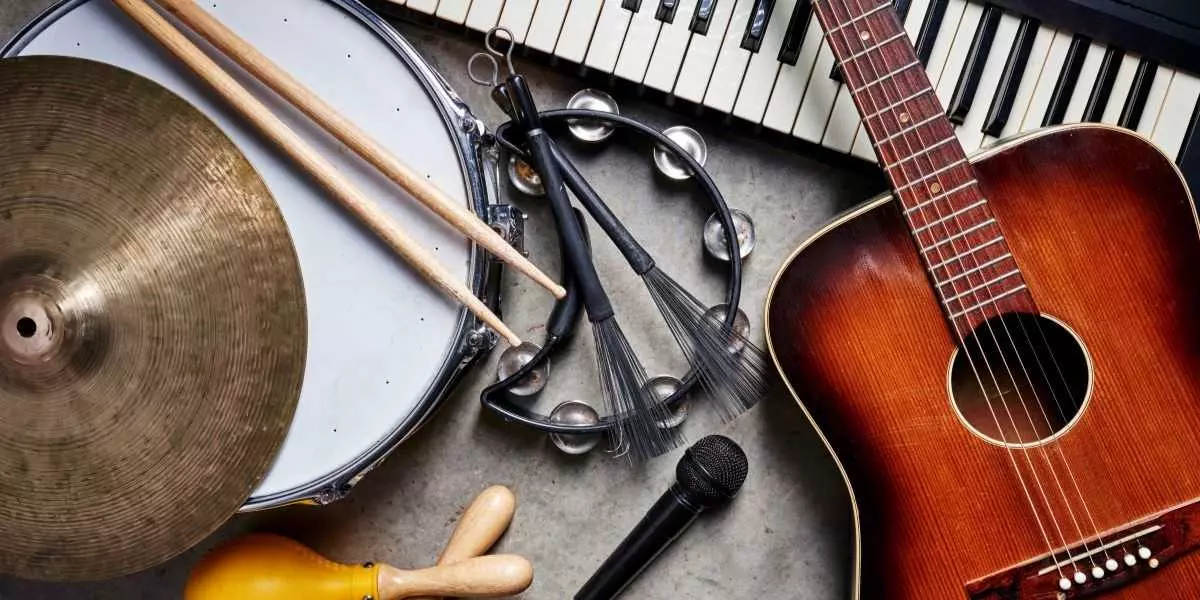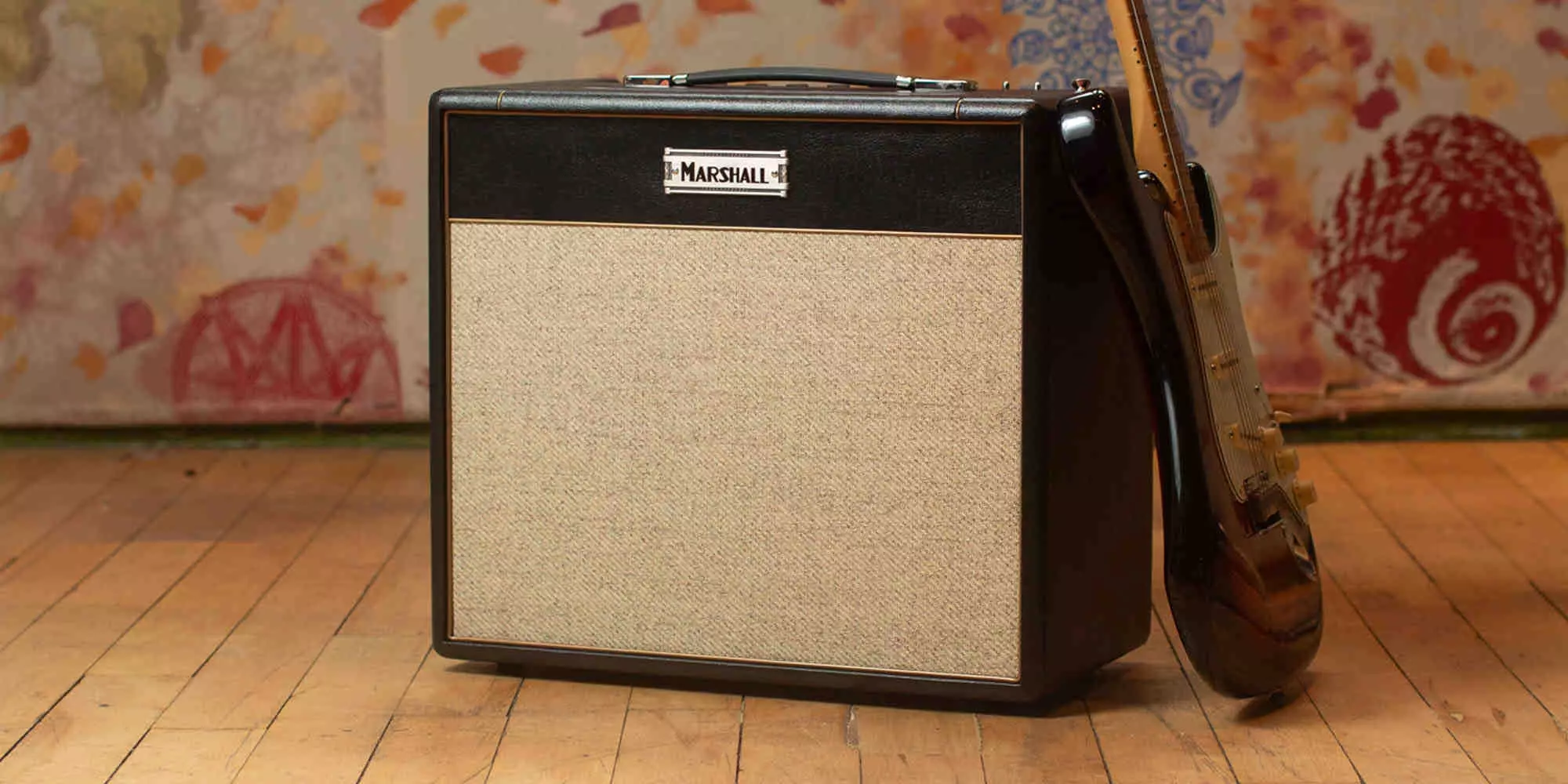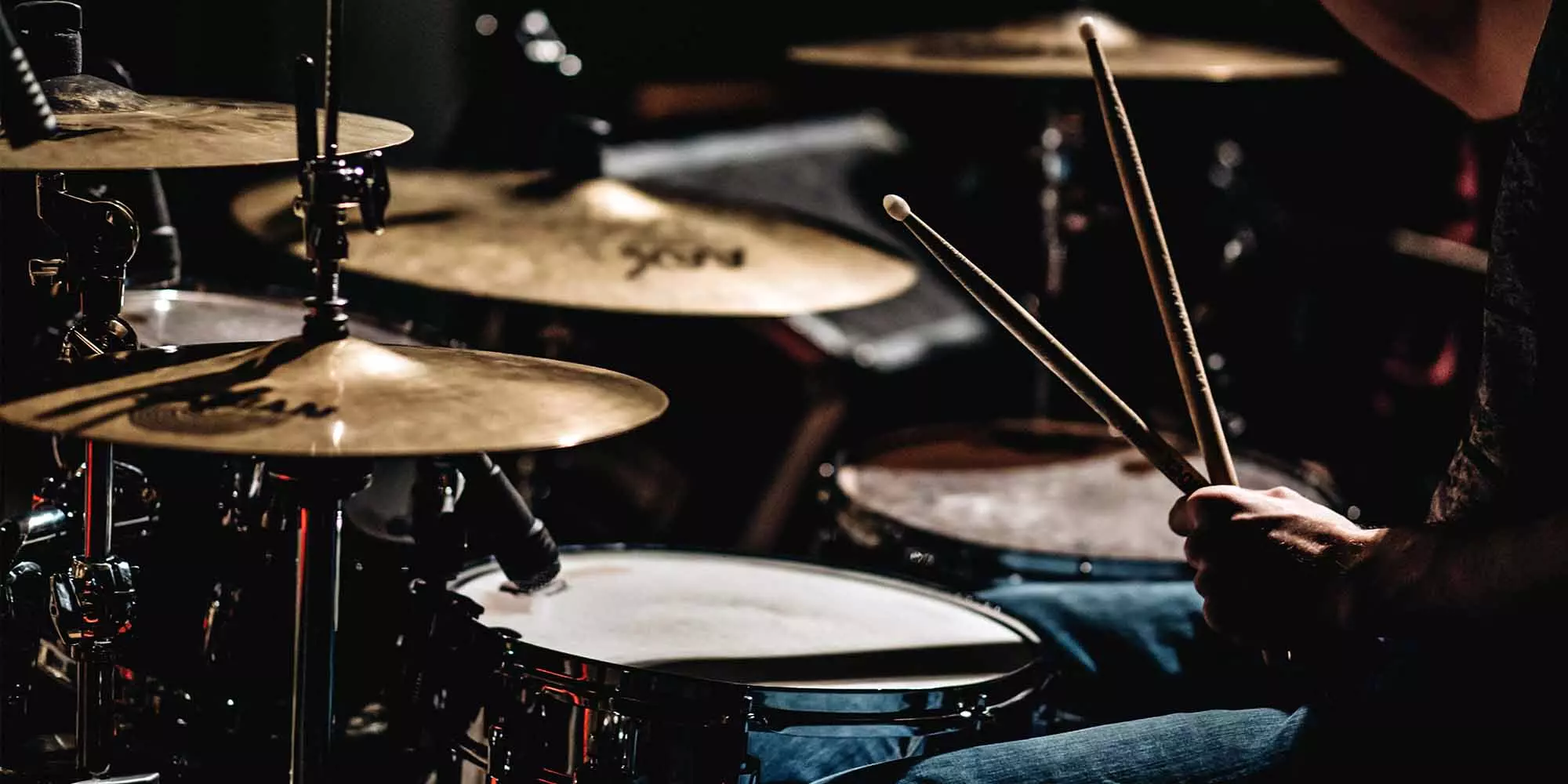Seven Exercises for Getting Past Writer's Block
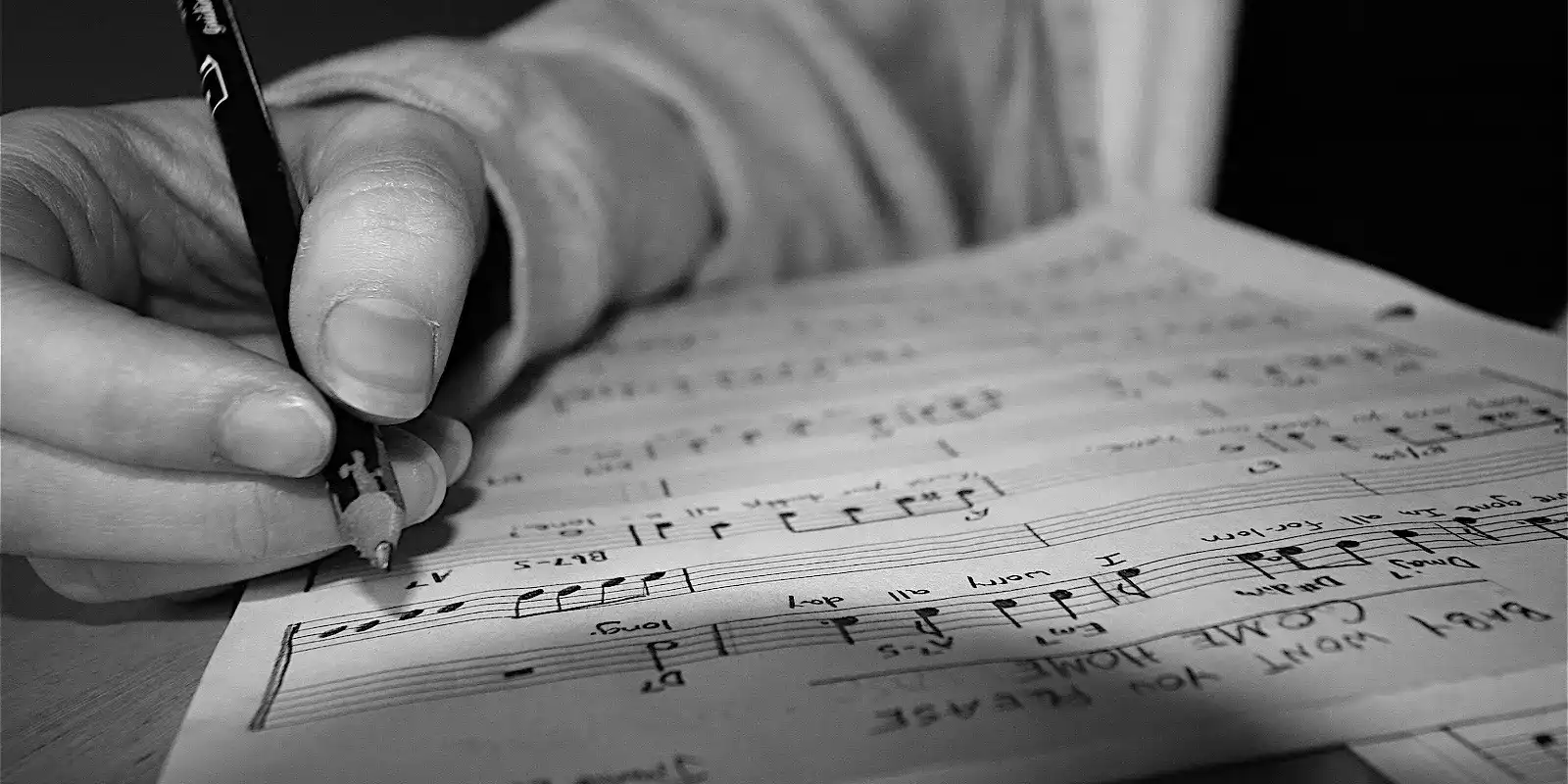
You pick up your instrument, noodle around a bit, then put it down exasperated. You scribble a few things on a piece of paper, erase it, then scribble some more and erase some more. No matter how hard you try, you just can’t seem to come up with anything original or worthwhile.
You’ve got a case of songwriter’s block.
We’ve all been there. It’s frustrating and disheartening, and to make things worse, it seems the harder you try, the more elusive creative ideas become. There’s light at the end of the tunnel, though, because I’m going to share some simple exercises that will help you get you writing again.
Rearrange Your Process
There are a number of components to songwriting: rhythm, chord progressions, melody, instrumentation, arrangement, and lyrics (unless it’s an instrumental tune). Most of us habitually write songs in roughly the same order every time. A great way to get out of a rut is to flip that order on its head.
Try starting from an entirely different place and filling in the rest around it. So, if you normally start with a chord progression, start with a melody and find chords for it later. If you normally start with lyrics, try leaving them for last.
Write On a New Instrument
When we primarily write on the same instrument, we’re using the same mental pathways over and over again. Composing on a new instrument (even a similar instrument in the same family) forces our brains to make new connections and to create in a different way. Even if all you get out of it is a simple melody or phrase, it gives you a place to start when you move back to an instrument you’re more comfortable with.
There’s actually an added benefit to this approach: the unfamiliarity of the instrument occupies the analytical part of our brain, which helps to keep unnecessary self-judgement at bay.
Write Something Based On Another Art Form
Sometimes the biggest impediment to writing is just finding subject matter for your song. Consider taking inspiration from a painting, a short story, a dance, or any other creative art form. This is a great exercise to get your brain moving and it can result in compositions you might never have expected to come up with.
Write a Throwaway Song
It could be argued that self-criticism is at the heart of all cases of songwriter’s block. It causes us to abandon decent ideas instead of working them into great ones, and sometimes makes us afraid to write anything at all. If this sounds familiar, then this is the exercise for you: write a song that you intend to throw away. That’s right. It can be terrible, cliché, juvenile, self-indulgent, or even downright nonsensical and it doesn’t matter because you’re going to throw it in the garbage when you’re done.
It’s unbelievably freeing to work on something without the terrible pressure of expecting it to be good. It’s also kind of fun and, more importantly, it gets you moving, which results in momentum you can use to write a song that’s worth keeping.
Play With An Existing Song
If you don’t know where to start on your next song, try taking an existing song and writing new lyrics to its melody. Then, when that’s done, write a different melody for your lyrics. Or, if you prefer, you can start by writing a new melody for existing lyrics, then put that to an original melody. It may feel almost like plagiarism at first, but the result will be an entirely new song that doesn’t resemble the original in any way.
Write in the Shower
This may seem a little out of left field, but there is legitimate psychology behind the fact that inspiration seems to always strike in the shower. In reality, it’s not the shower itself that’s important but the combination of relaxation and light distraction that creates an almost meditative state, so a quiet walk or other similar activity might work just as well. Whatever activity you choose, try putting the scrubbing/walking/etc. on auto-pilot and let your mind wander through potential melodies or lyrics. You might land on something off of which you can build.
Try An Altogether Different Creative Pursuit
If none of the suggestions above are doing the trick, then it might be time for a creative holiday. Draw a picture, buy crayons and a colouring book, choreograph a dance, or write dirty limericks: anything that gets you creating. When you come back to songwriting, your creative brain will be more limber and ready to write.
Mark Garrison is the author of The Encyclopedia of Home Recording. In his classes, workshops and writing he focuses on teaching how to create better recordings through a greater understanding of the tools and techniques of the studio. Visit his website at homerecordingbook.com.

